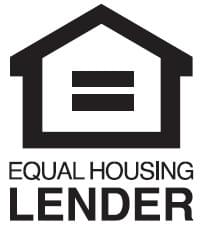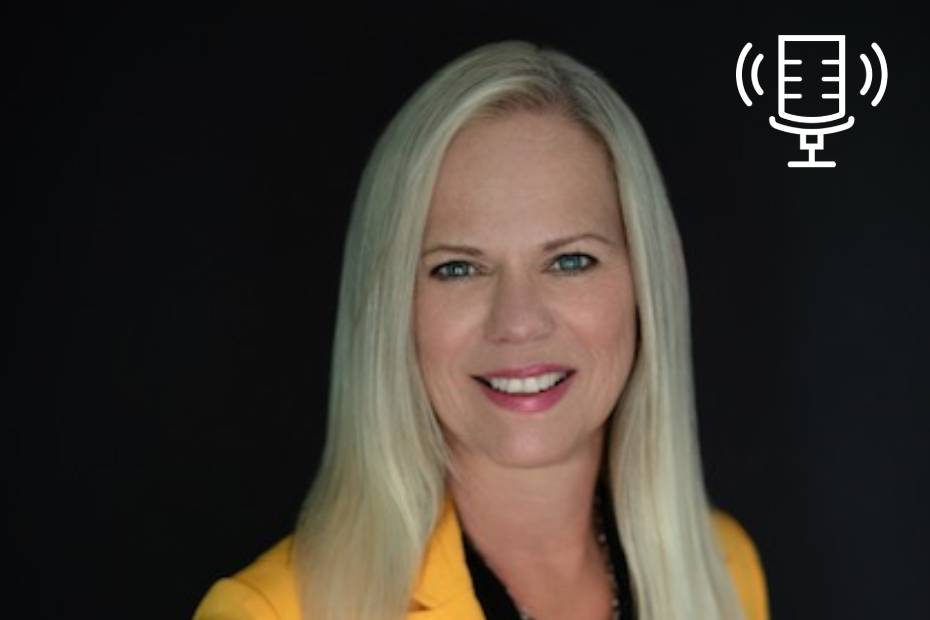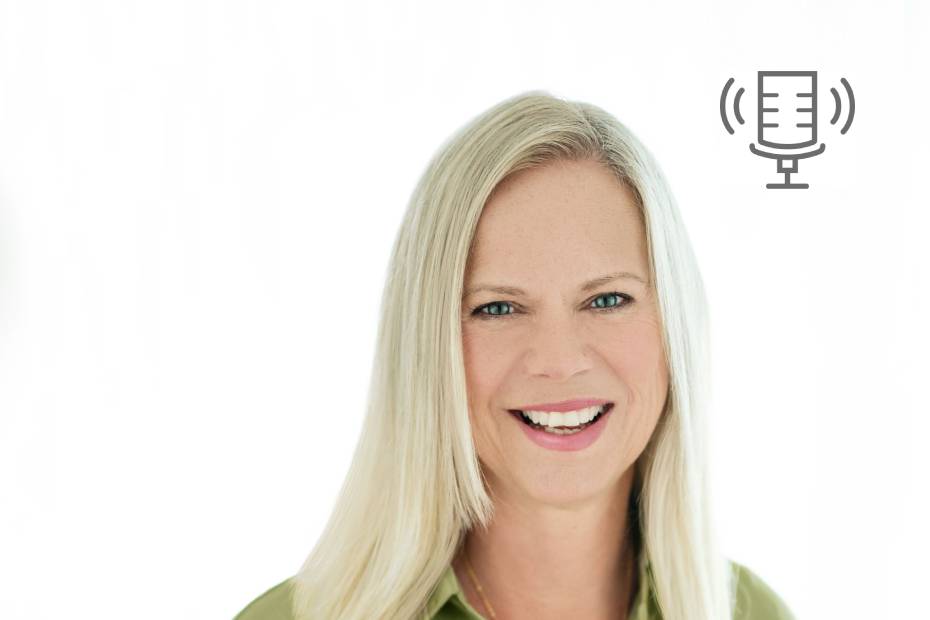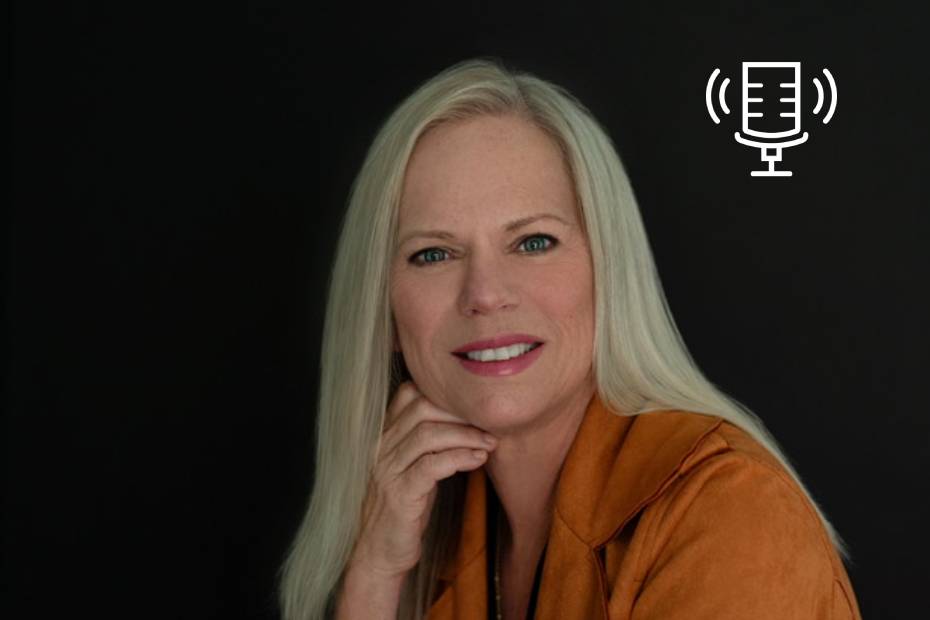If you own a home in the U.S., there’s a good chance it increased in value over the last few years. In fact, if you’re like the many Canadians who bought their U.S. homes between 2009 and 2013 – when the loonie was at or around par with the U.S. dollar – your home may have appreciated between 12 and 15% since that time.
Now, in 2016, the greenback is strong compared to the Canadian dollar.
Accessing Equity
By refinancing your U.S. home, you may be able to use any increase in value and get cash in return. With a “cash out” refinance, your current mortgage is paid off and replaced with a new mortgage. If you have increased equity in your home, you may be able to get cash back for the difference between the current value of your home and your original mortgage amount (as long as you keep at least 20% of equity in your home). This cash difference – particularly when it comes in the form of U.S. dollars – can go a long way toward funding your goals.
When it Makes Sense to Refinance
Your mortgage offers a low-interest borrowing option, often making it a smart way to access a large sum of money. Here’s how refinancing might make sense for you:
- Achieve Your Goals Sooner
Looking to make a large purchase or cover a major expense, such as paying for a child’s post-secondary education, renovating your home or taking a dream vacation? Life-long goals for many Canadians, these events typically require years of saving or the use of higher interest rate credit. If you have equity built in your U.S. home today, refinancing can help you achieve your goals much sooner. - Pay Off Canadian Debt
An investment advisor can help you use the equity in your U.S. home to pay off debt in Canada or invest in other options that make sense for you. - Save On Interest
If today’s interest is lower than the rate on your current mortgage refinancing may make sense. Even if you’re not looking to get cash out of your mortgage, you can refinance to reduce your mortgage payment, helping you pay off your mortgage faster.
How to Assess the Value in your Home
Not sure if you have built up the equity you need to make it worth refinancing? There are many ways to assess the value of your home.
- If you’re looking for a ballpark estimate, there are a number of websites that can generate a figure for you, including zillow.com and trulia.com, which provide an estimate of your home simply by entering your address. Realtor.com, the official site of the National Association of Realtors, offers an informative report on your home’s value and comparable sales in the neighbourhood.
- Speak with a local realtor who can do a comparable market analysis and home assessment for you. If they’re familiar with the area (which they should be), they can give you an accurate reading of how much you could sell your home for today.
- If you’re really serious about refinancing your home, it’s best to get a professional appraisal through the lender you’re considering refinancing with. A cross-border lending specialist such as RBC Bank can help Canadians understand borrowing in the U.S., arrange the appraisal for you, and let you know the amount in cash you can get back once you refinance.
Is Refinancing Right for You?
Refinancing your U.S. home can open up some great possibilities for you and your family. Considering all the factors – such as the value of your home today, the closing costs, how long you intend to stay, and the importance of the goals you are thinking of funding – can help you make your decision. If it looks like the right move for you, talk to a cross-border lending specialist like RBC Bank to get things started.
RBC Bank is RBC Bank (Georgia), National Association (“RBC Bank”), a wholly owned U.S. banking subsidiary of Royal Bank of Canada, and is a member of the U.S. Federal Deposit Insurance Corporation (“FDIC”). U.S. deposit accounts are insured by the FDIC up to the maximum amount permissible by law. U.S. banking products and services are offered and provided by RBC Bank. Canadian banking products and services are offered and provided by Royal Bank of Canada. U.S. deposit accounts are not insured by the Canada Deposit Insurance Corporation (“CDIC”). RBC Bank, Equal Housing Lender.
This article is intended as general information only and is not to be relied upon as constituting legal, financial or other professional advice. A professional advisor should be consulted regarding your specific situation. Information presented is believed to be factual and up-to-date but we do not guarantee its accuracy and it should not be regarded as a complete analysis of the subjects discussed. All expressions of opinion reflect the judgment of the authors as of the date of publication and are subject to change. No endorsement of any third parties or their advice, opinions, information, products or services is expressly given or implied by Royal Bank of Canada or any of its affiliates.




















